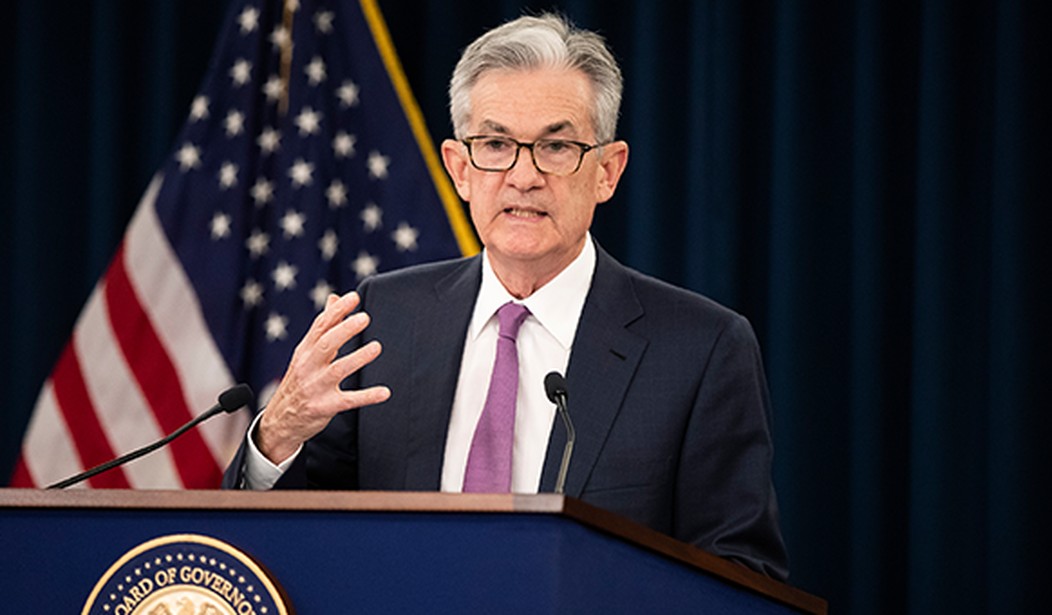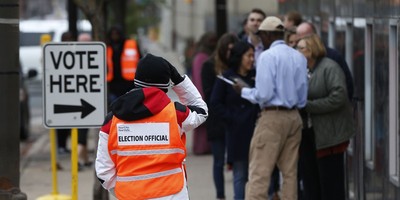The two stories that have dominated the news cycle over the past two weeks -- the impending Congressional impeachment inquiry and President Donald Trump's decision to pull American forces from Syria -- barely register among previous and prospective Trump voters and middle America. Most Americans are more concerned with putting food on the table, paying medical bills and affording rent and mortgages.
The sideshow over foreign contacts and electioneering is not an issue the Democrats can take to the American people and hope to gain any traction for the upcoming 2020 election. The story hidden just below the surface is the impending Congressional fight over the fiscal year 2020 federal budget and the issue of America's bourgeoning indebtedness.
Although Congress reached a two-year deal to extend the debt ceiling until 2020, thus averting a partisan fight over the national debt until after the 2020 election, it has yet to approve a 2020 budget. As a result, the threat of another government shutdown looms. Unless a new budget deal is approved, most agencies will run out of money by late November. The budget fight will likely be compounded by two major factors:
The first is Trump's controversial declaration of a national emergency to fund border wall construction, which allowed him to redirect more than $3 billion in already-appropriated funds for military construction projects. This backdoor means of funding his priorities did have the expedient effect of circumventing Congress, but it threatens to put this year's budget negotiations into heightened contention. The specter of Congress refusing to allocate needed funds for the military out of fear that Trump will divert those funds for the border wall will considerably raise the political stakes over the 2020 budget.
Recommended
The second major factor likely to increase conflict over this year's budget negotiations is the Federal Reserve's recent decision to increase its reserves of U.S. Treasury bills through a mini quantitative easing. While the Fed has billed this resumption of asset prices as a means of addressing a systemic money shortage, its latest move smacks of an accommodative policy of asset price inflation. This should be of some concern to everyday Americans, who are seeing asset prices continue to outpace wage growth -- even during a period of full employment. While taking extraordinary measures to provide liquidity during a financial downturn makes sense, continuing to pursue a cheap money policy in a bull market seems foolhardy.
Through years of central bank intervention and constant tinkering, the Fed has created an accommodation cycle from which there is no escape. While trying to keep the growth story going without pause, they have allowed the indiscriminate accumulation of massive levels of debt, much of which has been unproductive, spent on day-to-day consumption and suboptimal corporate use rather than worthwhile projects that would provide a rate of return organically feeding economic growth. Central bankers are now trapped within the confines of their own remedy and must revert to the extreme perversion of monetary policy to prevent the collapse of what they themselves have created.
In the short run, an accommodative Fed policy does help ease some of the economy's challenges. A weaker dollar makes American exports more attractive -- in the short run -- which is certainly a great arrow to have in the government's quiver amid a rapidly heating trade war with China. But the asset-inflating consequences of continued Federal Reserve intervention make both exports and domestic items -- including rent, real estate and cars -- much more expensive for average Americans.
At this stage of the game, the economy is spinning at a very high rate but effectively going nowhere. Americans are working harder, in greater numbers and for more money than they ever have, but they're still falling behind because of increasing prices of assets backed by U.S. Treasury bills.
The end of this road doesn't look pretty. By continuing to goose the economy through accommodative monetary policy, the Fed is engaging in the modern equivalent of a money-shaving operation: The government is taking in dollars through taxes and transfer payments with more purchasing power than the dollars it is issuing in the form of bank loans and Treasury purchases.
The twin forces of fiscal uncertainty over the 2020 budget and the value-diluting effects of the Fed's mini quantitative easing on the average American's income could together create a situation never before seen in our country. We could suffer an economic recession even amid conditions of full employment. That could spell a political disaster in the 2020 election.
To find out more about Armstrong Williams and read features by other Creators Syndicate writers and cartoonists, visit the Creators Syndicate website at www.creators.com.
























Join the conversation as a VIP Member